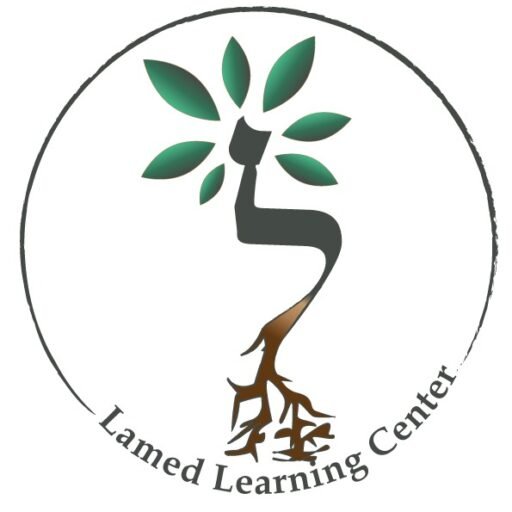The Hebrew month of Tishrei is very busy for the Jewish community. We reflect on the things that we have done in the past year and focus on what we can change. We involve ourselves in Mitzvot (commandments). In addition, we must ask forgiveness from others that we may have hurt.
We begin with Rosh Hashanah which is the head of the year. We focus on doing Teshuva, commonly translated as repentance, and also means to return. The process of Teshuva comprises of three things: regret of misdeed, decision to change, and verbal expression of one’s sins. The Ten Days of Repentance between Rosh Hashanah and Yom Kippur are specifically designated for Teshuvah, when the gates of prayer and repentance are more open than at any other time during the cyclical Jewish year. Yom Kippur completes the Ten Days of Repentance. We pray that Hashem will have mercy on us and forgive us. Next, we observe a holiday called Sukkot which is a festival of rejoicing. During this holiday we sit in a sukkah (booth or hut) for seven days and we bring together the lulav and etrog. Shemini Atzeret and Simchat Torah conclude the holiday season. On Shemini Atzeret which is the eighth day at the end of Sukkot, we pray for rain. Simchat Torah is when we rejoice with the Torah. We read V’zot Habracha which is the last Parasha of the Torah and then begin again with Bereishit (Genesis).
After Hashem created light/darkness, heavens and earth, the land, sea, sun, moon, stars, animals of the sea and sky, and land animals, he created man and woman. How fitting that we went through the process of asking for forgiveness from others and working on ourselves through Teshuva that we begin the Parasha of Bereishit where there are countless examples of how we humans miss the mark. The classic example is Adam and Eve. They are placed in the Garden of Eden. Hashem tells them that they can eat any fruit from any tree except the fruit from the Etz Ha’daat (Tree of Knowledge). The serpant, a cunning animal, persuades Eve to taste the fruit; then she gives it to Adam to eat. Hashem confronts Adam and Eve about eating from the tree and Adam replies:
וַיֹּ֖אמֶר הָֽאָדָ֑ם הָֽאִשָּׁה֙ אֲשֶׁ֣ר נָתַ֣תָּה עִמָּדִ֔י הִ֛וא נָֽתְנָה־לִּ֥י מִן־הָעֵ֖ץ וָאֹכֵֽל׃ (Bereishit 3:12)
He says to Hashem that the woman (Eve) that was put at his side gave him the tree and he ate. As punishment for their sin, they were banished from the Garden of Eden. Later on, Eve gives birth to Cain and Abel. Abel became a shepherd and Cain became a tiller of soil. Cain brought an offering of fruit from the Earth to Hashem; Abel brought the choicest of the firstlings of his flock. Hashem noticed Abel and his offering, which upset Cain because Hashem didn’t accept his. Hashem tells Cain:
הֲל֤וֹא אִם־תֵּיטִיב֙ שְׂאֵ֔ת וְאִם֙ לֹ֣א תֵיטִ֔יב לַפֶּ֖תַח חַטָּ֣את רֹבֵ֑ץ וְאֵלֶ֙יךָ֙ תְּשׁ֣וּקָת֔וֹ וְאַתָּ֖ה תִּמְשָׁל־בּֽוֹ׃ (Bereishit 4:7)
“Surely, if you do right, There is uplift. But if you do not do right Sin couches at the door; Its urge is toward you, Yet you can be its master.”
Hashem urges Cain to be careful to control his jealousy and to do the right thing. However, Cain doesn’t listen and kills his brother in the field. When confronted about where Abel is he states that he doesn’t know and asks whether he is his brother’s keeper. Jealousy can destroy relationships with others as well as our relationship with Hashem. Rabbi Sacks states that “Our relationship with G-d parallels our relationship to one another. Only when we respect and recognize the uniqueness of another person are we capable or respecting and recognizing the uniqueness of G-d Himself.” People are not things, they are individuals with and we ought to be very careful with our relationships.
As we continue to progress throughout the year, must we not forget what our purpose is. We are to love Hashem and love others and treat them with respect. Damage caused by hurt and pain ruins relationships.
Relationship Books:
–Choosing Love by Gila Manolson
–The Five Love Languages by Gary Chapman
–The Personality Plus by Flourence Littauer
–How to Win Friends and Influence People by Dale Carnegie
